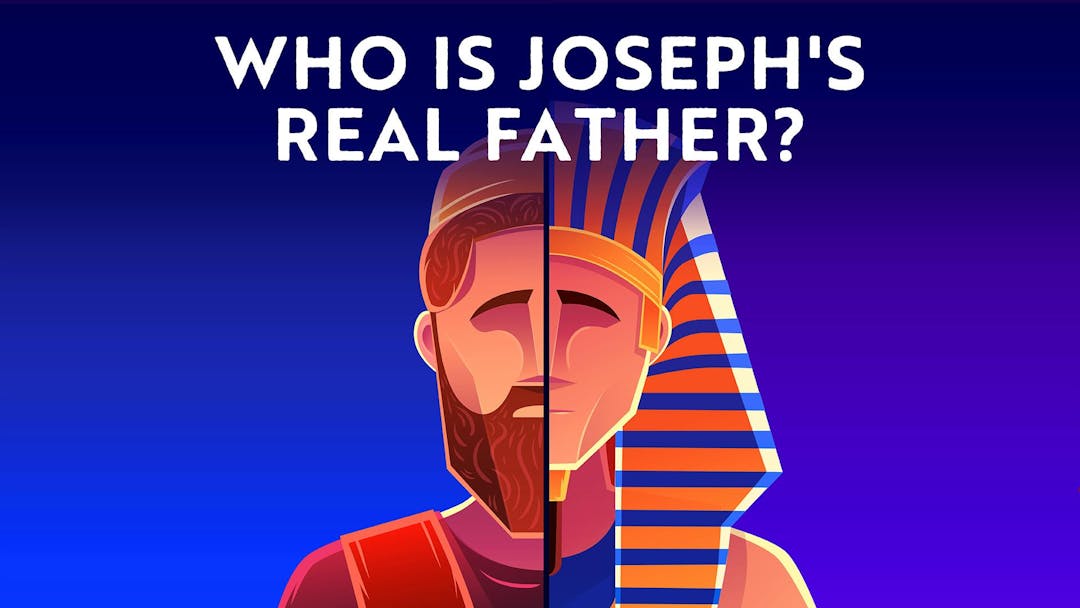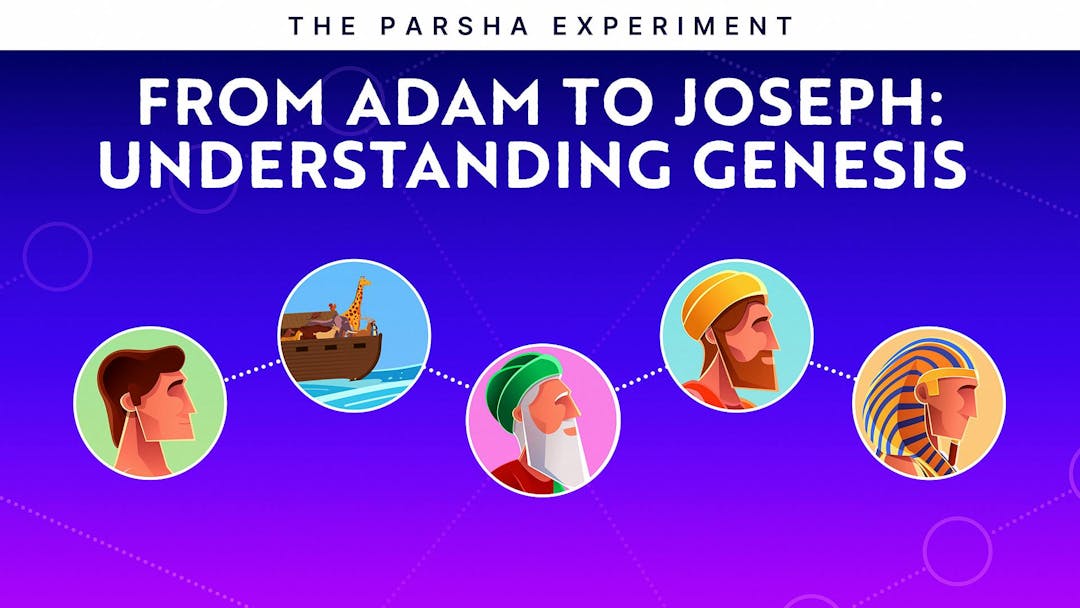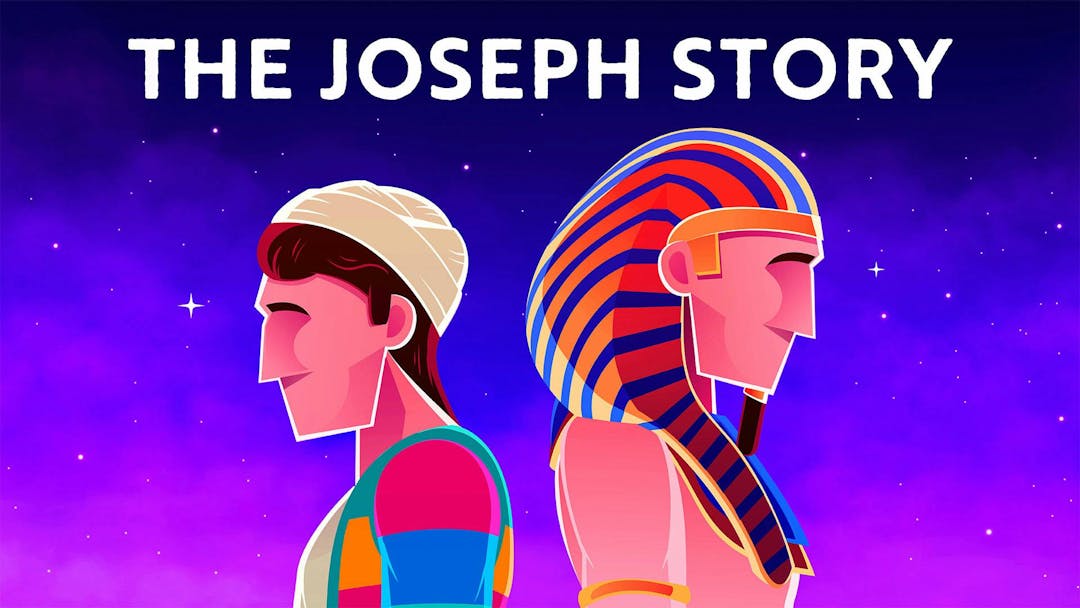Start your free trial today to unlock the full library and enjoy unlimited and uninterrupted access.
Get StartedThe Meaning Behind Jacob's Mysterious Blessings
What Was Jacob's Final Blessing To Joseph Really About?
Bereishit ends with a series of blessings that Jacob gives to each of his sons on his deathbed. But Jacob's blessings are so poetic and impenetrable – they're so difficult to understand!
The Torah rarely takes the time to record the intimate events of a biblical character's deathbed experience, and yet a full chapter is devoted to Jacob's blessings to his twelve sons. What do they mean? What are we, thousands of years later, supposed to make of Jacob's mysterious blessings?
This video aims to understand Jacob's blessing to Joseph, in particular, and answers another biblical mystery: Did Jacob ever find out what his sons did to Joseph? What was his reaction? All that and more!
Want to watch the full video for free?
Enter your email and we’ll send you a link to watch the full series free.
What is Aleph Beta?
Aleph Beta is a unique kind of Torah library. Led by our founder, Rabbi David Fohrman, we are dedicated to high-level, textual Torah learning for adults that is intellectually and spiritually sophisticated, that enlivens your Jewish practice and helps you forge a deeper connection to God. Whether you’ve been learning in yeshiva for years or you’re just beginning your Torah journey, you’re sure to find something meaningful and surprising waiting for you here.
Browse our library of over 1,000 beautifully produced animated videos, podcasts, deep dive courses, and printable guides. Topics include the weekly parsha, Jewish holidays & fast days, laws & mitzvot, prayers, relationships, big philosophical ideas and more. Have something to say at the Shabbos table that will amaze your family and guests and bring deep meaning into their lives.











